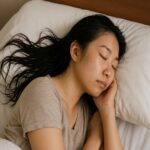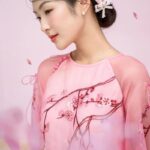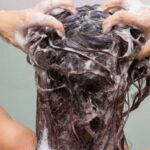1. Volumizing Shampoos
For those with fine hair, volumizing shampoos are often seen as a savior. However, according to Daniel Boyer, a hair health expert at the Farr Institute (USA), long-term overuse of these products can lead to clogged pores and blocked follicles, hindering oxygen supply to the scalp and hair roots.
He recommends opting for shampoos with gentle, non-comedogenic formulas that won’t clog pores—an issue that many volumizing shampoos tend to cause.
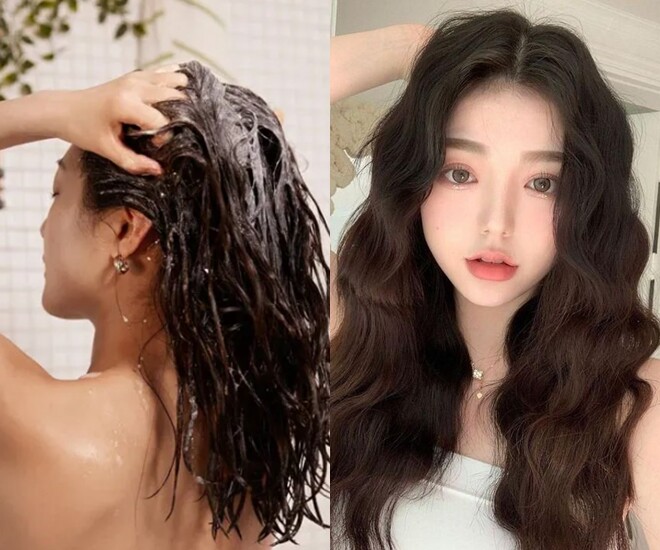
Volumizing shampoos can lead to clogged pores and long-term scalp issues.
Renowned American hairstylist Allyson Carter also warns about tell-tale signs of potentially harmful shampoos. If a product has an overpowering scent, artificial colors, or a soapy fragrance, it’s likely not scalp-friendly.
She reveals that many volumizing shampoos contain sodium chloride and polyethylene glycol—irritants that strip hair of its natural moisture, leading to dryness, breakage, and increased hair fall.
Explore natural alternatives to stimulate hair growth for thick, voluminous hair without relying on specialized thickening shampoos.
2. Fragrant Shampoos
While an enticing fragrance is a common reason for choosing a shampoo, Ghanima Abdullah, an expert from The Right Hairstyles, warns that it could be a hidden culprit for scalp issues. She explains that “fragrance” in ingredient lists often represents a blend of numerous chemicals at low concentrations, and manufacturers are not required to disclose them individually.
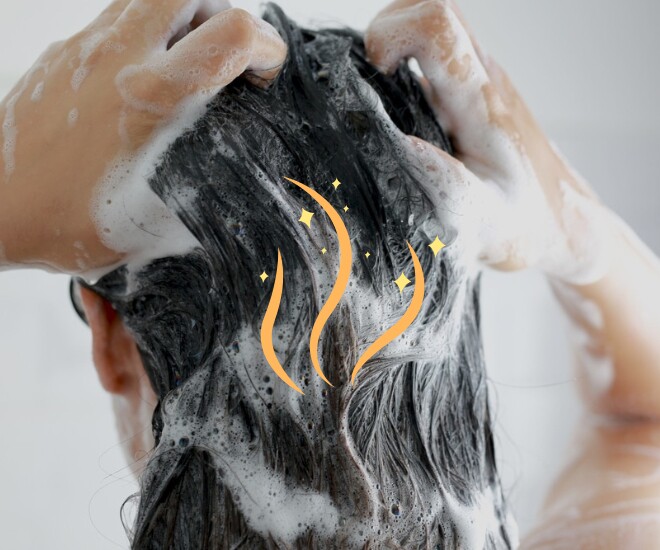
Shampoos with artificial fragrances may cause scalp irritation and damage.
Some low-quality shampoos may use any substance to create a scent, and while they might not cause immediate dandruff, they can lead to widespread scalp allergies. When the scalp is irritated, you may experience hair fall, dryness, or prolonged breakage.
Abdullah also cautions that prolonged use of fragranced products can make the scalp more susceptible to dandruff and excess oil production, leading to acne. Therefore, if you aim to nurture healthy hair, it’s best to steer clear of shampoos with synthetic fragrances.
3. Shampoos Containing Alcohol
Alcohol is a common ingredient in many shampoos, especially dry shampoos, which are popular for their convenience in cleaning hair without water. However, this convenience comes at a cost.
Long-term use of alcohol-based shampoos can leave your scalp dry and flaky. Additionally, hair strands can lose their natural moisture, resulting in dryness, brittleness, split ends, and hair fall. For chemically treated hair, such as colored hair, dry shampoos are almost an enemy, as they further weaken and fade the color.
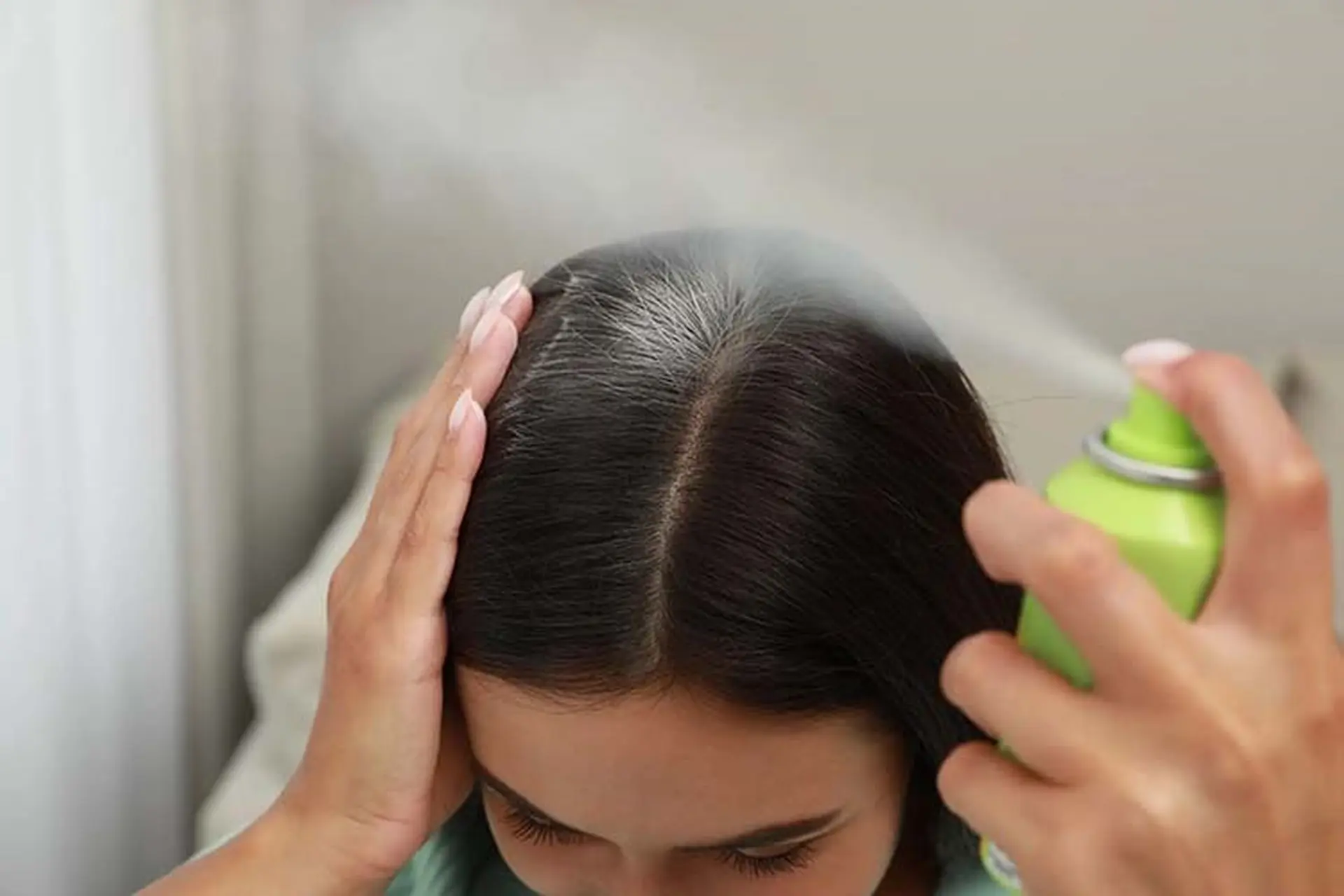
Overusing dry shampoos with alcohol can lead to dry and weak hair.
To protect your hair’s health, it’s best to minimize the use of alcohol-containing products, no matter how convenient they seem.
Is Sleeping with Wet Hair Bad for Your Health?
“Falling asleep with wet hair is a habit that many people don’t think twice about. However, this seemingly harmless routine can actually cause damage to your hair, scalp, and even your health. It’s time to uncover the potential hazards of this nightly ritual and explore why hitting the hay with damp locks may not be worth the risk.”
5 Updo Hairstyles to Compliment Your ‘Ao Dai’ and Elevate Your Festive Look for Tet 2025
The Lunar New Year 2025 is fast approaching, and alongside the graceful ao dai outfits, choosing the right hairstyle is a top priority for women. Among the myriad of hairstyles, the bun always takes precedence for its elegance, sophistication, and ability to accentuate the beauty of Vietnamese women.
5 Hair Washing Habits That Could Be Harming Your Health
It is recommended that individuals tailor their hair washing routine to their specific hair type and the season. With approximately 100,000 strands of hair on the average human head, and each hair follicle closely linked to sebaceous glands, which constantly secrete sebum, it is important to find a washing routine that balances oil production and maintains healthy hair.
























